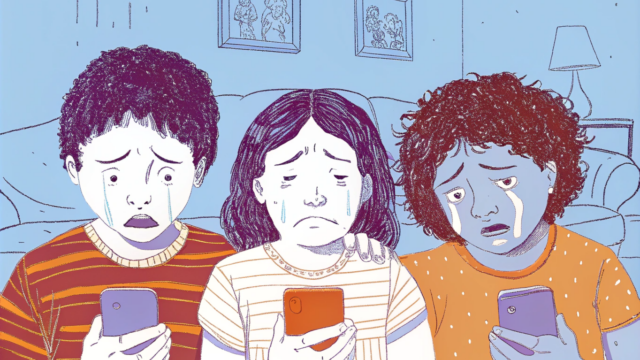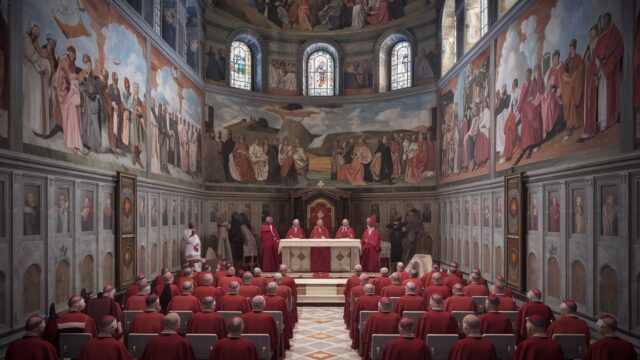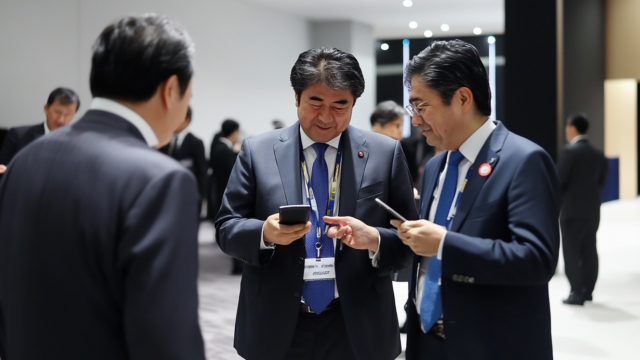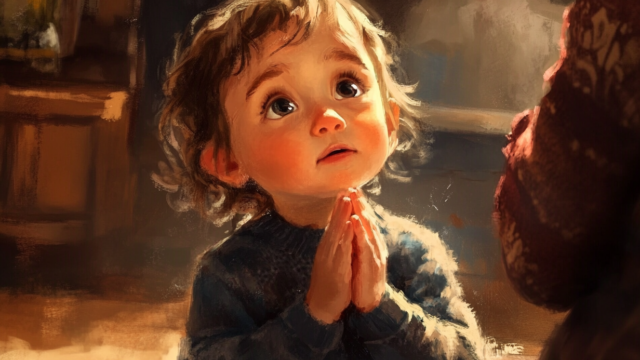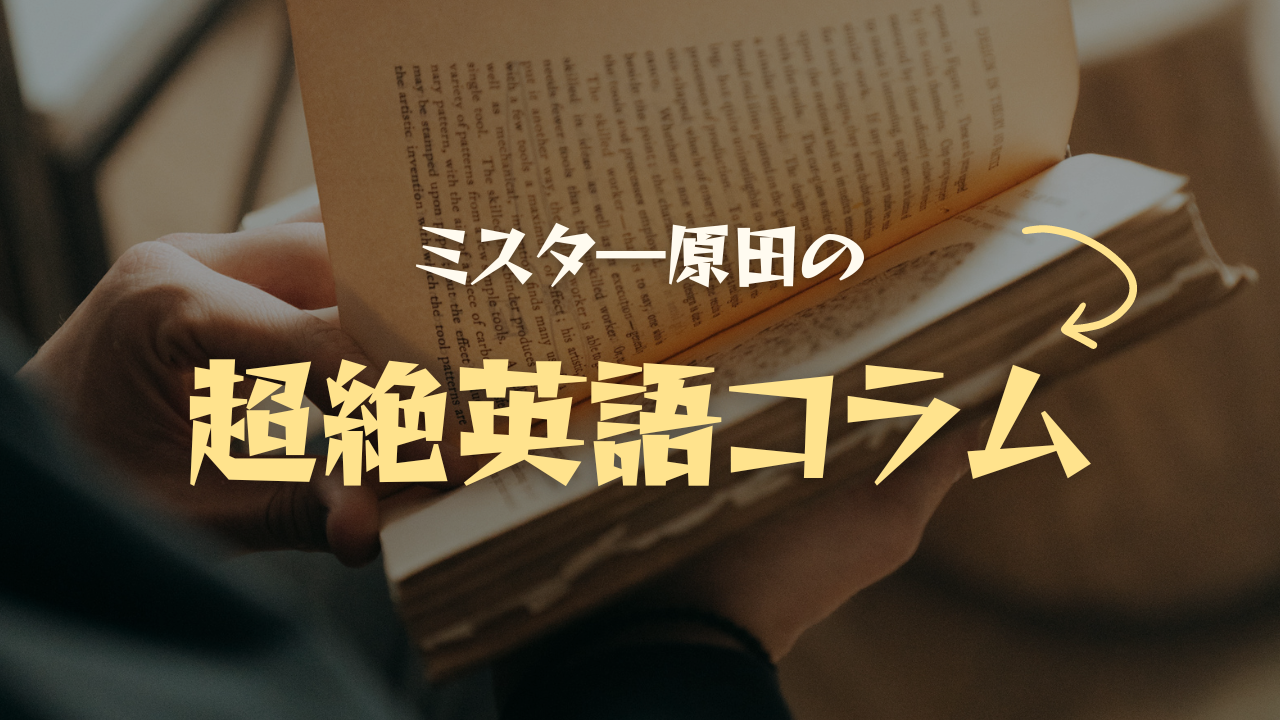
「昭和の日」を味わう–時代の記憶と未来へのまなざし
4月29日、「昭和の日」。英語では “Showa Day” と呼ばれるこの祝日は、ゴールデンウィークの幕開けとして多くの人に親しまれている。しかし、その意味をじっくり考える機会は意外と少ないかもしれない。昭和の日は、単なる休日ではなく、日本の歴史と未来をつなぐ大切な一日だ▼もともとこの日は昭和天皇の誕生日として祝われていた。戦後は「天皇誕生日」となり、昭和天皇の崩御後は「みどりの日」に変わった。そして2007年、再び「昭和の日」として復活した背景には、昭和という時代の記憶を次世代に語り継ぎたいという強い思いがある。戦争と復興、高度経済成長、そして人々の日常–昭和は激動の時代だった。その歩みを振り返り、今の平和や豊かさの意味を考える日でもある▼英語で説明するなら “Showa Day” や “Showa Era Day” が一般的だが、海外では “Emperor Hirohito’s Birthday” と説明すると伝わりやすい。日本独自の元号を冠した祝日という点も、世界的に見ればユニークだ。昭和の日には、家族で昔の写真を見返したり、祖父母の思い出話に耳を傾けたりする家庭も多い。時代を超えて受け継がれる記憶が、家族や社会の絆を深めてくれる▼昭和の日は、過去を懐かしむだけでなく、これからの日本をどう築くかを考えるきっかけでもある。歴史を振り返り、今を見つめ、未来に思いをはせる。その静かな時間こそが、昭和の日の本当の贅沢なのかもしれない。
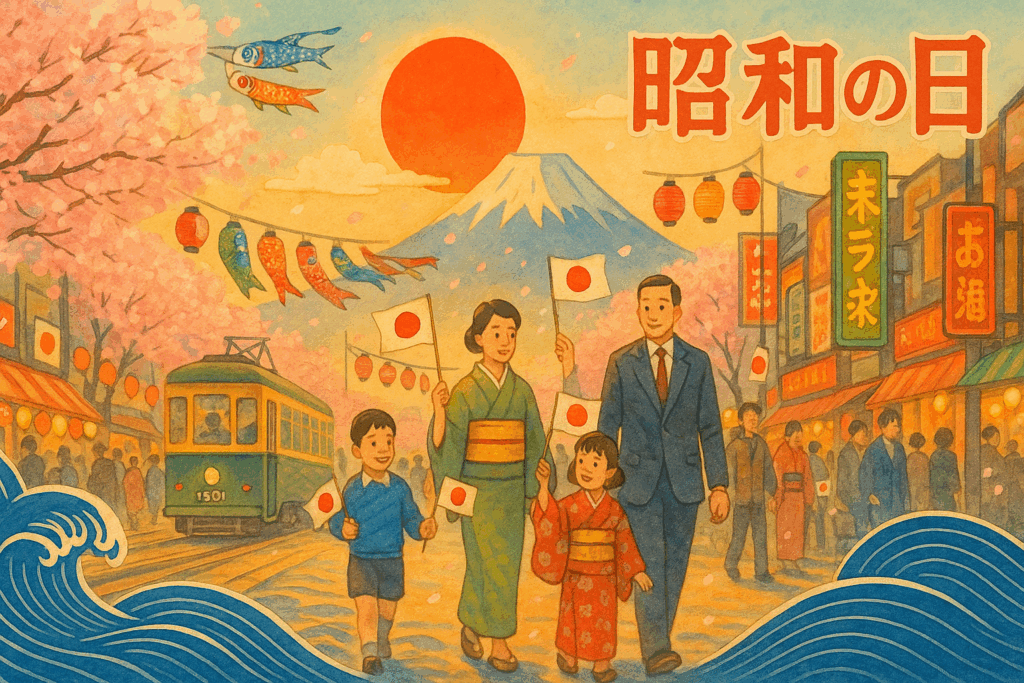
【英語訳】Savoring “Showa Day” – Memories of an Era and Visions for the Future
April 29th is “Showa Day,” known in English as “Showa Day.” This holiday, which marks the beginning of Golden Week, is familiar to many people. However, there may be few opportunities to deeply consider its meaning. Showa Day is not merely a holiday, but an important day connecting Japan’s history and future.
This day was originally celebrated as Emperor Showa’s birthday. After World War II, it became “The Emperor’s Birthday,” and following Emperor Showa’s passing, it was changed to “Greenery Day.” Then in 2007, it was revived as “Showa Day,” reflecting a strong desire to pass down memories of the Showa era to future generations. The Showa period was a turbulent time of war and reconstruction, rapid economic growth, and everyday life for the Japanese people. It’s a day to reflect on that journey and consider the meaning of today’s peace and prosperity.
In English, “Showa Day” or “Showa Era Day” are commonly used, though explaining it as “Emperor Hirohito’s Birthday” makes it more understandable overseas. A holiday named after Japan’s unique era system is quite distinctive from a global perspective. On Showa Day, many families look at old photographs or listen to grandparents’ stories. These memories passed down through generations deepen family and social bonds.
Showa Day is not just about nostalgia for the past but also an opportunity to consider how to build Japan’s future. Reflecting on history, examining the present, and contemplating the future – perhaps this quiet time is the true luxury of Showa Day.
【昭和の日を英語で説明しよう!】
Showa Day is on April 29, the birthday of Emperor Showa. It begins Japan’s spring holiday week called Golden Week and asks everyone to look back on the Showa Era (1926-1989), a time of war, rebuilding, and rapid growth. On this day families often relax in parks, watch TV specials or visit museums about Showa-period life, and join local festivals with retro music and old-style snacks. By remembering the past, people think about how to build a better future for Japan.
昭和の日
昭和の日は四月二十九日で、昭和天皇のお誕生日です。ゴールデンウィークの始まりでもあり、戦争・復興・高度成長など多くの出来事があった昭和時代(1926〜1989年)を振り返り、未来に生かすことを考える日と法律で決められています。多くの人は公園でピクニックをしたり、昭和を特集したテレビや博物館を見たり、昔ながらのお菓子やゲームが楽しめるお祭りに参加したりして過ごします。過去を学ぶことで、よりよい日本の未来を考えるきっかけになります。

